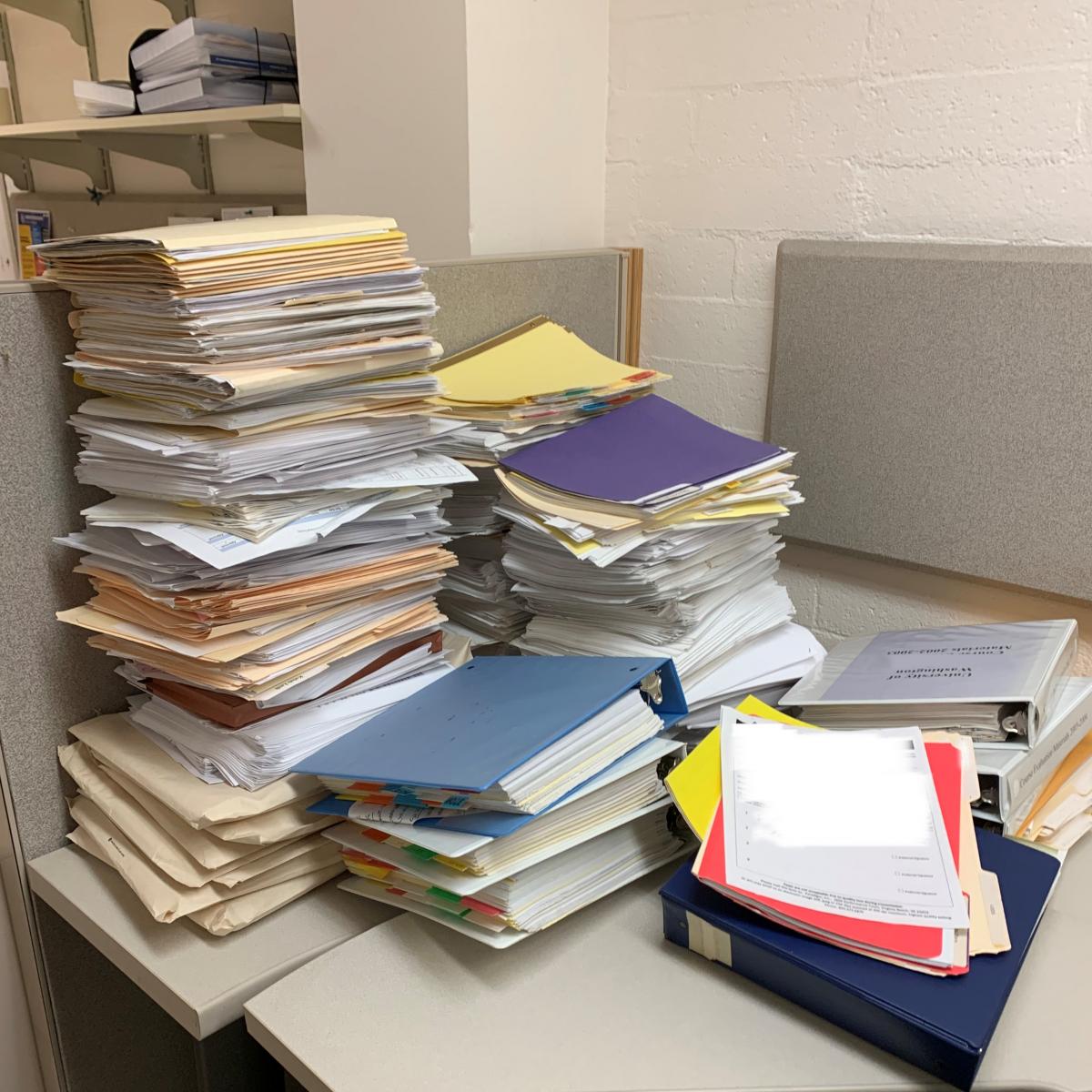What is ROT?
ROT is the acronym for Redundant, Obsolete, and Transitory. At the University, ROT consists of any records that legally can and should be destroyed. ROT accumulates over time, in paper and electronic form, and inherited ROT is a common challenge for many employees. It's easy for an office to fall into the trap of holding onto ROT, but it can represent a serious legal, privacy, and security risk to the University as well as being a significant drain on efficiency.
Tools to Reduce ROT
- UW General Records Retention Schedule
- Transitory vs. Substantive
- Materials That May Be Disposed of Without a Specific Retention Period
- Electronic Records That Do Not Need to Be Printed or Saved
- Email ROT Deleting Guide
- Cleaning Out Outlook Calendars
- Plan Your Shared Storage Location Clean-up
